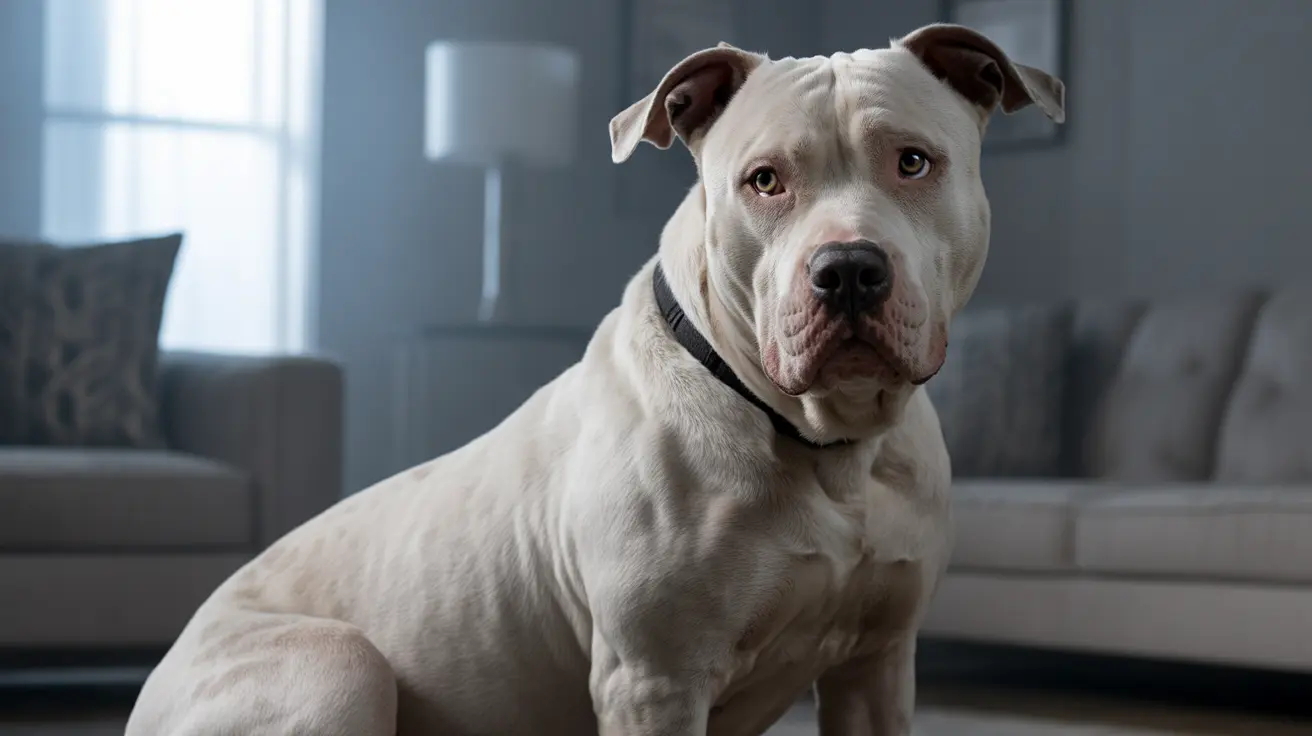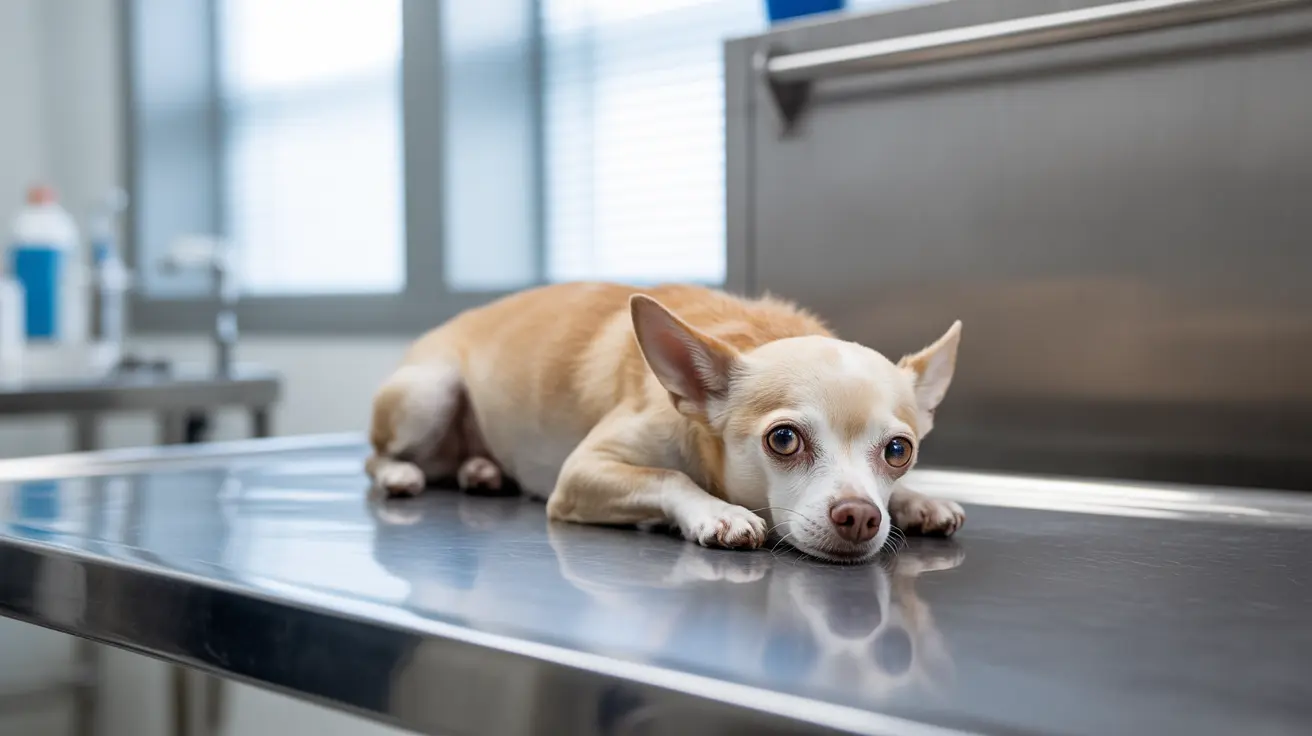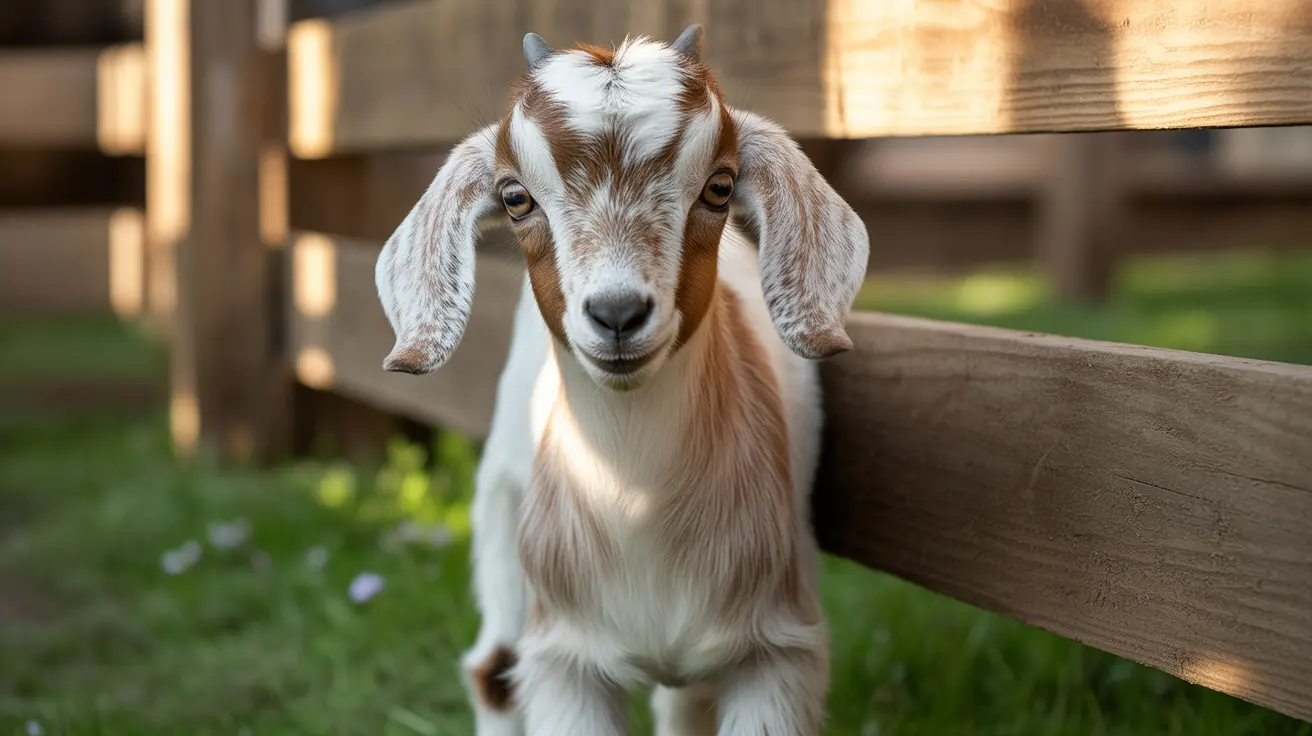Veterinarian-Recommended Bathing Guidelines for Puppies
Bathing a puppy is more than just a cleanliness ritual—it's a bonding moment and an essential part of your young dog’s overall health routine. However, puppies have delicate skin and require specific care to ensure their coat and skin stay healthy. Understanding what veterinarians recommend for puppy bathing can help you navigate grooming more confidently and safely.
Why Puppy Bathing Matters
Bathing removes dead hair and skin cells, reduces shedding, and helps eliminate allergens and dirt that could cause itching or infections. It also familiarizes your puppy with grooming, making future bath times easier.
What Vets Recommend for Bathing Puppies
1.
Use Puppy-Specific Shampoos
- Puppy shampoos are specially formulated for sensitive skin.
- They typically feature gentle ingredients such as aloe vera, colloidal oatmeal, and vitamin E.
- Look for tearless and pH-balanced formulas to prevent eye and skin irritation.
2.
Choose Natural Ingredients
- Avoid artificial fragrances, dyes, parabens, and sulfates.
- Use shampoos made with naturally-derived components like coconut oil, charcoal, and honey.
- Brands like Burt’s Bees and Earthbath use transparent ingredient lists and are well-regarded by vets and consumers alike.
3.
Frequency of Bathing
- Puppies generally do not need frequent baths. Once every 3-4 weeks is often enough unless they get visibly dirty or smelly.
- Overbathing can strip the natural oils from their coat, leading to dryness and irritation.
Bathing Best Practices for Puppies
- Brush Their Coat First: Brushing helps remove tangles and loose hair, making shampooing more effective.
- Use Lukewarm Water: Hot or cold water can cause discomfort or shock. Lukewarm is most comfortable and safest.
- Apply Shampoo Gently: Avoid eyes, ears, nose, and mouth. Use soft circular motions to massage shampoo into the coat and skin.
- Rinse Thoroughly: Any shampoo residue can irritate the skin. Make sure to rinse carefully and completely.
- Dry Properly: Use an absorbent towel and, if necessary, a hairdryer set on low and cool. Avoid leaving them damp for long periods to prevent chills.
- Reward with Treats: Reinforcing positive behavior helps puppies associate bath time with good experiences.
Popular Vet-Approved Puppy Shampoos
- Hartz Groomer’s Best Puppy Shampoo: Mild, pH-balanced, tearless, with jasmine fragrance. Lathers well and rinses easily.
- Burt’s Bees Oatmeal Dog Shampoo: Contains colloidal oat flour and honey. Free from parabens and synthetic dyes. Gentle and moisturizing.
- Earthbath Hypo-Allergenic Fragrance-Free Shampoo: Great for puppies with sensitive skin or allergies. Provides good lather, easy rinse, and leaves coat soft.
Shampoo Types and When to Use Them
- Medicated Shampoos: Use under veterinary supervision for issues like itching, fungal infections, or hot spots.
- Dry Shampoos: Freshen coat between baths without water.
- Deodorizing Shampoos: Ideal if your puppy has a persistent odor. Choose natural fragrances like coconut or kiwi.
What to Avoid
- Human Shampoos: Incorrect pH balance and may contain harmful additives like artificial fragrances and dyes.
- Heavy Fragrances: Puppies are especially sensitive to scent. Opt for low-odor or naturally scented products.
- Ingredients like parabens, alcohol, and sulfates: These can cause drying, irritation, or allergic reactions.
When to Consult a Vet
If your puppy has persistent skin issues, odor, or reactions to common grooming products, consult your veterinarian. Underlying health problems like allergies, infections, or parasites may be at play.
Building Good Bathing Habits
Veterinarians and groomers agree: introducing your puppy to regular grooming early in life makes long-term care much easier. Use bathing as an opportunity to bond with your pet while ensuring their hygiene and comfort.
In conclusion, using the right shampoo, appropriate bathing techniques, and a gentle approach will keep your puppy's skin healthy and their coat shiny. By following vet-recommended tips and selecting high-quality products, you’ll set a solid foundation for lifelong grooming success.





